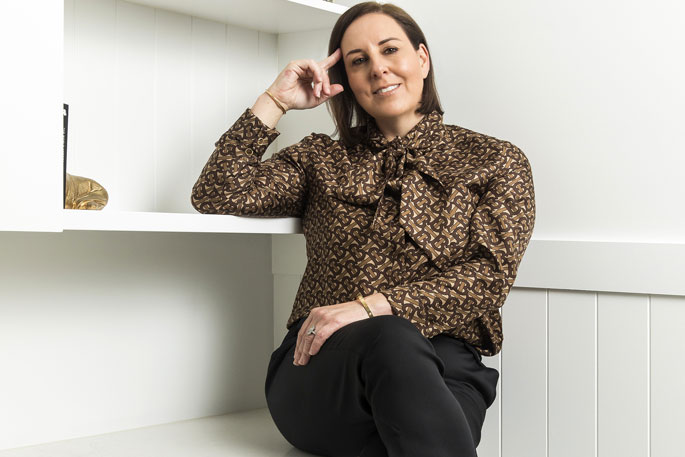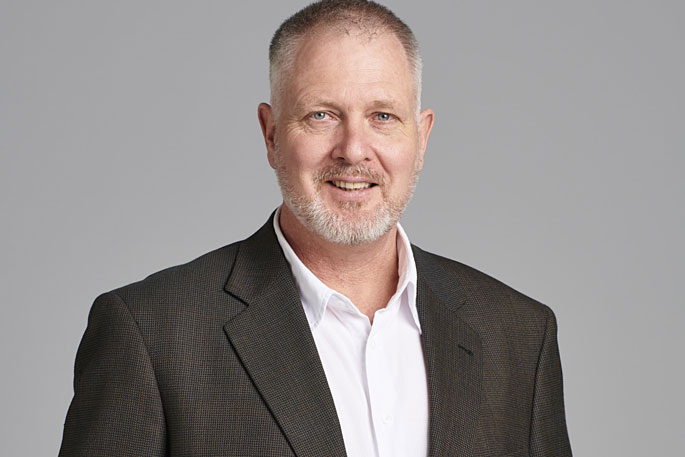Kiwi developed artificial intelligence will soon be used to screen thousands of patients in the early stages of melanoma, after new research found the tech can diagnose almost as accurately as a doctor.
Experts say the new AI algorithm developed by melanoma diagnostic service MoleMap could be used to help address a chronic shortage of dermatologists and skin cancer doctors practicing in New Zealand and other parts of the world.
Skin cancer, including non-melanoma and the more deadly melanoma, is New Zealand's most common cancer with an estimated 90,000 non-melanoma skin lesions diagnosed each year.
New Zealand and Australia have the world's highest rates of melanoma with 4,000 new cases and over 350 Kiwis dying from this form of cancer every year.
The new Skin cancer Management with ARTificial Intelligence technology, which has been shown to have an accuracy rate of over 90 per cent, works by comparing benign skin lesions with known cases of malignant melanoma.
The algorithm behind the AI has been developed in a partnership between MoleMap and cancer researchers at Melbourne's Monash University.
In a study of more than 700 lesions and 214 patients in dermatology clinics in Victoria, which has been accepted for publication in Journal of the American Academy of Dermatology, the melanoma detection rate of the AI (sensitivity to disease) was measured against the real-world diagnosis of doctors.
The results of the trials found the system was capable of identifying melanoma in more than nine out of 10 cases.
MoleMap medical director Dr Franz Strydom says it is hoped the new AI will help address the chronic shortage of skin specialists in the country.
He says in New Zealand there is around one dermatologist for every 83,000 residents, around half the number of specialists in Australia.
'The new AI maps a patient's suspicious lesions with the algorithm determining whether it is malignant or benign. While a doctor might see numerous lesions or melanomas over the course of their career, the computer also learns this information, but can formulate a diagnosis much faster,” he says.
Dr Strydom says melanoma can be cured in 98 per cent of cases if diagnosed early.
'If it is not identified until a later stage then melanoma becomes more difficult and expensive to treat with a greater chance of treatment failure.
'Melanoma however is unique to other forms of cancer as it can often be identified and tracked on the surface of the skin - this gives us time to remove it before it spreads to other parts of the body.
'We are encouraged by the study results with evidence suggesting the technology can generate a level of accuracy close to that of a doctor's trained eye. There is also the potential for the AI to be used as a triage tool.
'This means New Zealand patients will have timely access to a diagnosis and we know the earlier the intervention the better the outcome for melanoma patients.
'The technology is currently being rolled across MoleMap clinics around New Zealand and we can see the potential applications for it to aid patients in rural areas where access to skin specialists is limited. Molemap has the world's largest database of skin lesions, and the new AI could also be employed at a global level,” he says.
Dr Strydom says the new tech will be a complementary tool in the diagnosis of melanoma rather than an alternative to a healthcare professional.
He says the national cost of treating skin cancer is set to reach $295 million within three years and the AI trial is the first step in developing improved early detection technologies for doctors in the health care sector.
MoleMap CEO Michelle Aquilina says the new technology is expected to be introduced to all New Zealand clinics before the end of summer.
'Every year MoleMap screens over 300,000 thousand patients around New Zealand and Australia.
'Artificial intelligence is promising tool in the fight against melanoma and may help to fast-track early diagnosis for those at risk,” she says.
 MoleMap CEO Michelle Aquilina.
MoleMap CEO Michelle Aquilina.



0 comments
Leave a Comment
You must be logged in to make a comment.